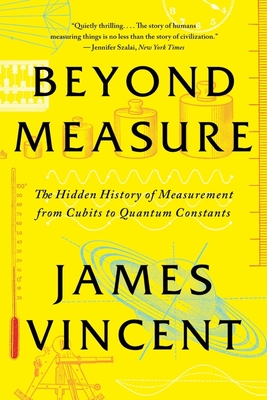
The Decomposition of Primes in Torsion Point Fields (Lecture Notes in Mathematics #1761)
Description
It is an historical goal of algebraic number theory to relate all algebraic extensionsofanumber?eldinauniquewaytostructuresthatareexclusively described in terms of the base ?eld. Suitable structures are the prime ideals of the ring of integers of the considered number ?eld. By examining the behaviouroftheprimeidealswhenembeddedintheextension?eld, su?cient information should be collected to distinguish the given extension from all other possible extension ?elds. The ring of integers O of an algebraic number ?eld k is a Dedekind ring. k Any non-zero ideal in O possesses therefore a decomposition into a product k of prime ideals in O which is unique up to permutations of the factors. This k decomposition generalizes the prime factor decomposition of numbers in Z Z. In order to keep the uniqueness of the factors, view has to be changed from elements of O to ideals of O . k k Given an extension K/k of algebraic number ?elds and a prime ideal p of O, the decomposition law of K/k describes the product decomposition of k the ideal generated by p in O and names its characteristic quantities, i. e. K the number of di?erent prime ideal factors, their respective inertial degrees, and their respective rami?cation indices. Whenlookingatdecompositionlaws, weshouldinitiallyrestrictourselves to Galois extensions. This special case already o?ers quite a few di?culties.









